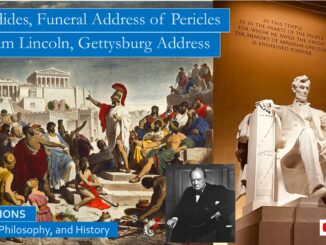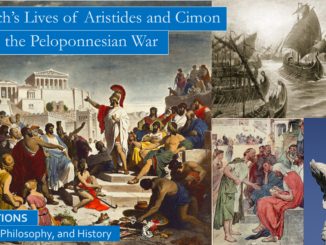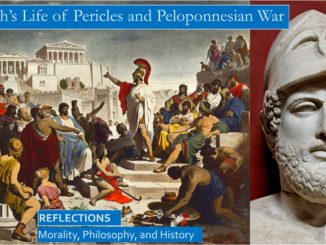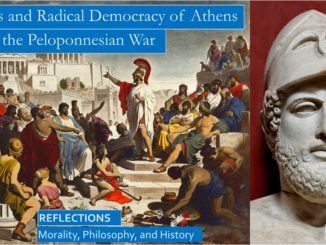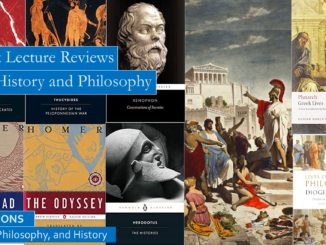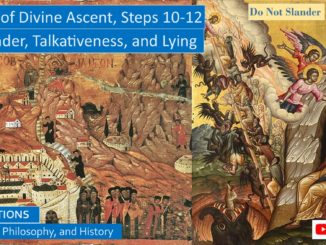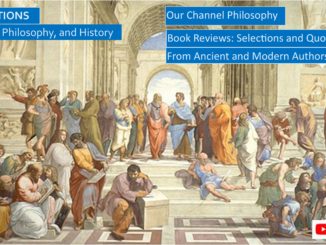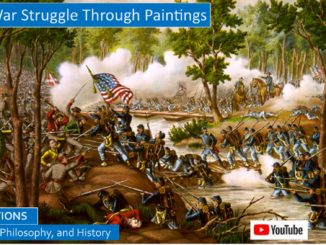General Winfield Scott, brilliant strategic general and hero of the Mexican War, served under seven Presidents, but in the 1860’s he was in his seventies, and was so obese that he had to be hoisted on and off his horse with a crane. But he was still a sharp general, and his “Anaconda Plan” was the strategy that would win the war, and this Great Snake picture was printed in the newspapers across the country. 1861. This plan called for a naval blockade that strangled the commerce of the Confederacy, the Union forces seizing control of the Mississippi River, then Union forces marching through the heart of the Confederacy. General Scott predicted that 300,000 soldiers would be needed to defeat the Confederacy, which was less than half the size of the eventual Union Army, but it was shocking numbers at the beginning of the war, when the Union Army had fewer than twenty thousand soldiers. […]
